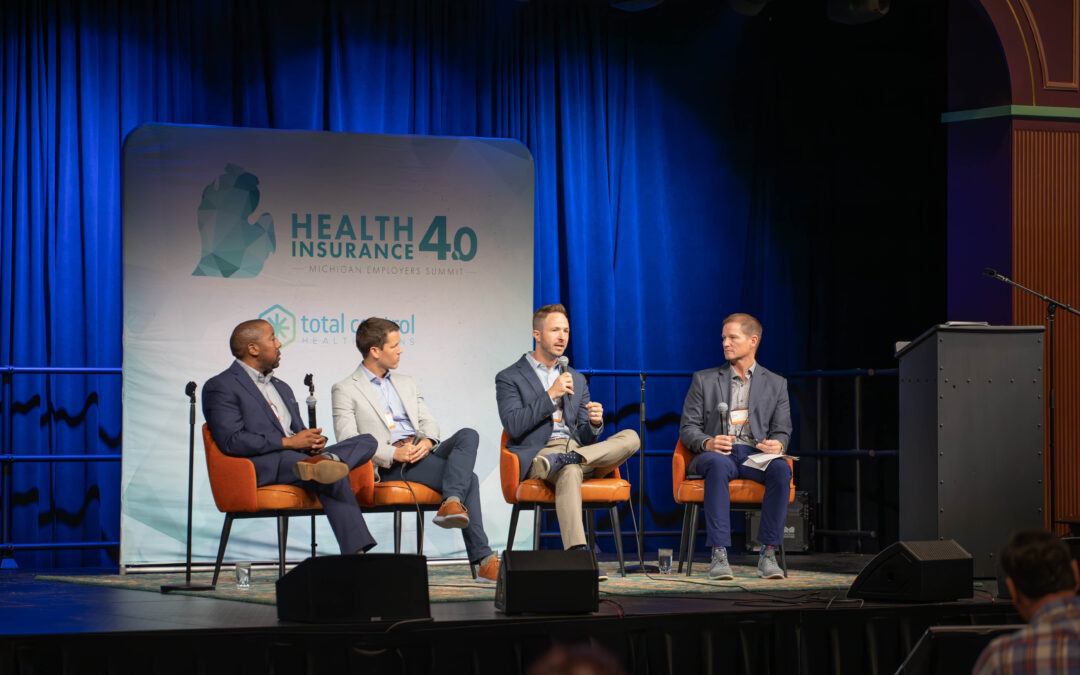A new study has found that people enrolled in high-deductible health plans (HDHPs) actually are more likely to consider costs and quality when considering non-emergency care.
The 14th annual “Consumer Engagement in Health Care” study by the Employee Benefits Research Institute and market research firm Greenwald & Associates surveyed 2,100 adults, most of whom receive health coverage via their employers.
The survey found that people enrolled in health plans with a deductible of at least $1,350 for self only, and $2,700 for families, were more likely to take costs into account when making health care decisions.
Evidence of cost-conscious behavior:
- 55% of HDHP enrollees said they checked whether their health plan would cover their care or medication prior to purchase, compared to 41% in traditional health plans.
- 41% of HDHP enrollees said they checked the quality rating of a doctor or hospital before receiving care, compared to 33% of those in traditional plans.
- 41% of HDHP enrollees asked for a generic drug instead of a brand name drug, compared to 32% of traditional plan enrollees.
- 40% of HDHP enrollees talked to their doctor about prescription options and costs, compared to 29% of traditional plan participants.
- 25% of HDHP enrollees used online cost-tracking tools provided by their health plans to manage their health expenses, compared to 14% of people in traditional plans.
- HDHP enrollees also were more likely to take preventive measures to preserve health, including enrolling in wellness programs.
That said, the study did find some negative behavior among HDHP enrollees as well, including that 30% of HDHP enrollees said they had delayed health care in the past year because of costs, compared to 18% of traditional plan participants.
What you can do
In order to help HDHP enrollees get the most out of their plans, it’s recommended that their employers also offer health savings accounts.
This can help them pay for services that are not covered until they meet their deductible. Employers can help by matching (fully or in part) employees’ HSA contributions. This encourages them to participate.
Employers should also push preventative care. The Affordable Care Act requires all plans to cover a set of preventative care services outside of the plan deductible. Unfortunately, many people don’t know that these services must be covered by insurance with no out-of-pocket expenses for the enrollees.
Some employee benefits experts are recommending that employers tie the amount of premiums employees are required to contribute to how well they comply with preventative guidelines.
Non-enrollment in HSAs
These are the reasons employees cite for not enrolling in their company’s HSA:
- Do not see any advantages: 57%
- Do not have enough money to contribute to the account: 24%
- Their employer doesn’t contribute to the account: 10%
- Did not take the time to enroll: 8%
- Do not understand what the HSA is for: 6%
The key to getting your staff to take advantage of the tax-savings feature of HSAs is education. You should make sure all of your eligible staff understand how they work.
And if you are not currently contributing some funds to their HSAs, now might be the time to consider doing that.


